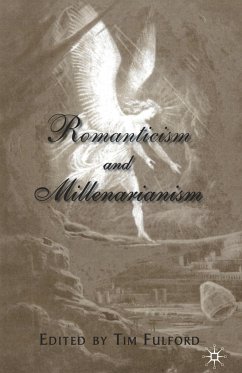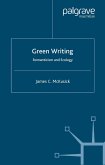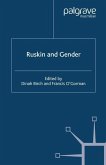Expectation of the millennium was widespread in English society at the end of the eighteenth century. The essays in this volume explore how exactly, this expectation shaped, and was shaped by, the literature, art, and politics of the period we now call romantic. An expanded and rehistorized canon of writers and artists is assembled, a group united by a common tendency to use figurations of the millennium to interrogate and transform the worlds in which they lived and moved. Coleridge, Cowper, Blake, and Byron are placed in new contexts created by original research into the artistic and political subcultures of radical London, into the religious sects surrounding the Richard Brothers and Joanna Southcott, and into the cultural and political contexts of orientalism and empire.
'This is a book of rich pickings, which precludes easy synthesis...Romantic Millenarianism is that rare thing: a collective volume that engages and stimulates at a consistently satisfying intellectual level whilst persuading the reader throughout of the vital importance of its topic.' - Philip Shaw, British Association for Romantic Studies
'Nicholas Roe's essay in this collection is a witty account of the souring of Robert Southey's early millenarian 'Pantisocracy'...Other essays in this excellent collection focus on William blake, Thomas Moore, Byron, the influence of Milton, and most originally in an essay by Adam Rounce, the last depressed years of William Cowper...Although this collection of essays emanates from a 1996 conference in Denmark, it has the cohesion of a well-managed publication.' - Simon Kövesi, European Journal of English Studies
'Nicholas Roe's essay in this collection is a witty account of the souring of Robert Southey's early millenarian 'Pantisocracy'...Other essays in this excellent collection focus on William blake, Thomas Moore, Byron, the influence of Milton, and most originally in an essay by Adam Rounce, the last depressed years of William Cowper...Although this collection of essays emanates from a 1996 conference in Denmark, it has the cohesion of a well-managed publication.' - Simon Kövesi, European Journal of English Studies








